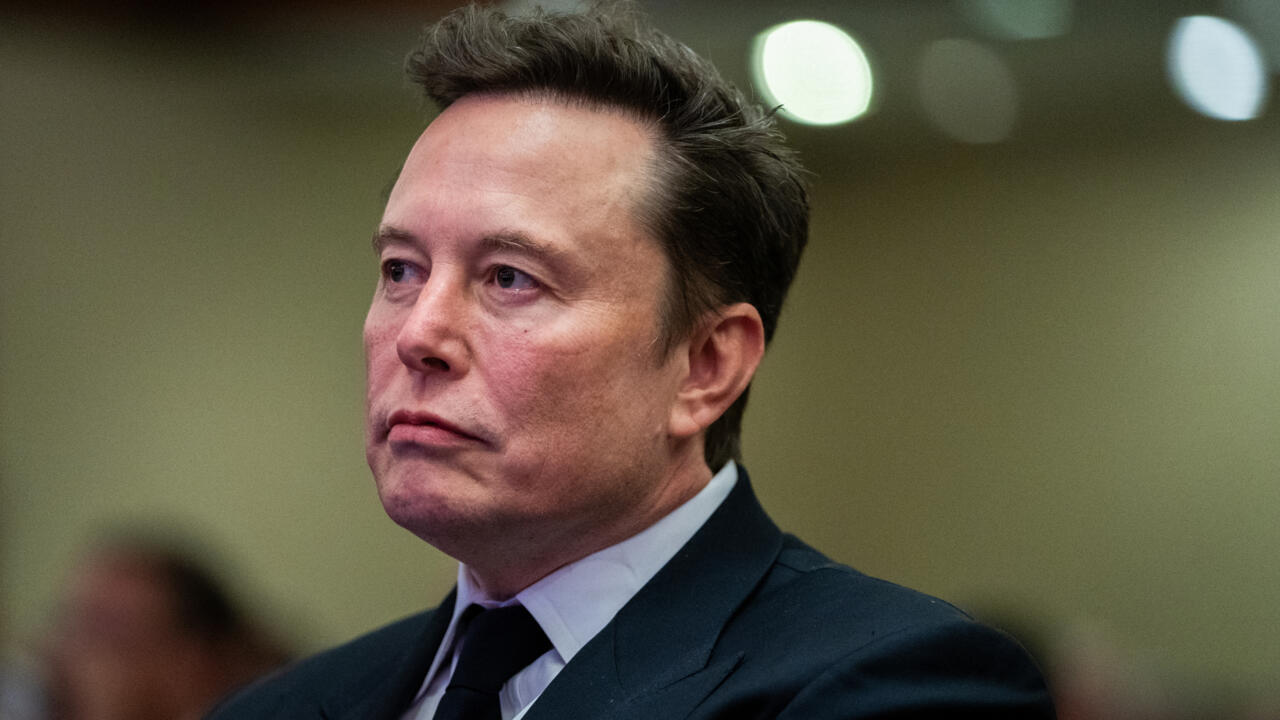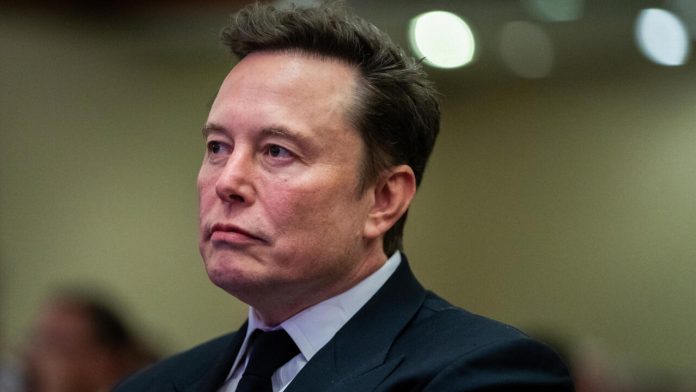
A U.S. Judge More Struck Down Elon Musk's $55.8 Billion Compensation Package At Tesla
Chancellor Kathleen McCormick of Delaware’s Court of Chancery ruled against Tesla’s attempt to validate the package via a June shareholder vote, emphasizing that her January ruling, which deemed the deal excessive and unfair to shareholders, remained binding.
McCormick pointed to “material misstatements” in documents provided to shareholders about the vote’s impact and refused Tesla’s motion to reconsider her earlier decision. She criticized Tesla’s legal defense as unprecedented and inconsistent with established law. Tesla plans to appeal, while Musk argued on his social media platform, X, that corporate decisions should rest with shareholders, not judges.
The court awarded $345 million in attorney fees, significantly less than the $5.6 billion requested by lawyers for Tesla shareholder Richard Tornetta, who brought the lawsuit. McCormick called the original fee request an “excessive windfall,” though she acknowledged the fee calculation aligned with Delaware law.
The rejected compensation package, approved in 2018, was tied to Tesla’s growth and aimed to reward Musk accordingly.
However, Tornetta accused Musk of dictating the terms to a board that lacked independence, leading to what the lawsuit described as Musk’s unjust enrichment and bolstering his status as the world’s richest person. Musk denied the allegations, asserting that Tesla’s investors were sophisticated and capable of holding him accountable.
This high-profile case, heard in the Delaware Court of Chancery—a hub for corporate litigation—has reignited debates on executive compensation and corporate governance.
Following the ruling, Musk reposted calls on X encouraging businesses to reconsider their Delaware registrations. Tesla remains at the center of discussions about shareholder rights and oversight.

 Mzansi xxx
Mzansi xxx
